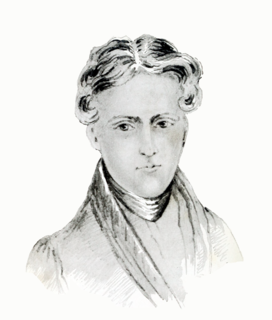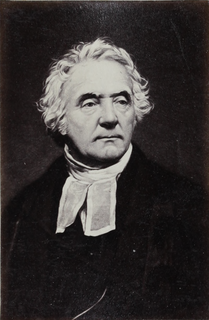A Quote by Martin Buber
The atheist staring from his attic window is often nearer to God than the believer caught up in his own false image of God.
Related Quotes
There is no God separate from you, no God higher than you, the real "you." All the gods are little beings to you, all the ideas of God and Father in heaven are but your own reflection. God Himself is your image. “God created man after His own image." That is wrong. Man creates God after his own image. That is right. Throughout the universe we are creating gods after our own image. We create the god and fall down at his feet and worship him; and when this dream comes, we love it !
God cannot be represented by an image. We ought not to think that the Godhead is like unto gold, or silver, or stone, graven by art and man's device. We wrong God, and put an affront upon him, if we think so. God honoured man in making his soul after his own likeness; but man dishonours God if he makes him after the likeness of his body. The Godhead is spiritual, infinite, immaterial, incomprehensible, and therefore it is a very false and unjust conception which an image gives us of God.
A believer longs after God, to come into his presence, to feel his love, to feel near to him in secret, to feel in the crowd that he is nearer than all the creatures. Ah! dear brethren, have you ever tasted this blessedness? There is greater rest and solace to be found in the presence of God for one hour than in an eternity of the presence of man.
I heard the story of a man, a blasphemer...an atheist, who was converted singularly by a sinful action of his. He had written on a piece of paper, "God is nowhere," and ordered his child to read it, for he would make him an atheist too. The child spelled it, "God is n-o-w h-e-r-e. God is now here." It was a truth instead of a lie, and the arrow pierced the man's own heart.
God build’s God’s kingdom. But God ordered this world in such a way that His own work within that world takes place through the human beings that reflect His image. That is central to the notion of being made in God’s image. He has enlisted us to act as His stewards in the project of creation. So the objection about us trying to build God’s kingdom by our own efforts, though it seems humble and pious, can actually be a way of hiding from responsibility, of keeping one’s head well down when the boss is looking for volunteers.
There's an old saying that God made us in His image, and we've been trying to return the favor ever since. People often view God in a human image. This God changes His mind, gets upset, answers some prayers but not others, loves some people but not others. But even with that limited image, if we pray sincerely, we'll eventually realize that God is changeless. He's the same all the time because He's not in time-time is in Him.
Let no one imagine that he will lose anything of human dignity by this voluntary sell-out of his all to his God. He does not by this degrade himself as a man; rather he finds his right place of high honor as one made in the image of his Creator. His deep disgrace lay in his moral derangement, his unnatural usurpation of the place of God. His honor will be proved by restoring again that stolen throne. In exalting God over all, he finds his own highest honor upheld.
God's wrath is not an implacable, blind rage. However emotional it may be, it is an entirely reasonable and willed response to offenses against his holiness. But his love . . . wells up amidst his perfections and is not generated by the loveliness of the loved. Thus there is nothing intrinsically impossible about wrath and love being directed toward the same individual or people at the same time. God in his perfections must be wrathful against his rebel image-bearers, for they have offended him; God in his perfections must be loving toward his rebel image-bearers, for he is that kind of God
The skeptic says that the believer has lost his own mind under God. On the contrary, it is the people who follow God who are most like his children, who willingly and consciously walk in his will; but those who oppose him oppose him vainly and at their own expense, and, figuratively, seem to be more like his tools. They don't diminish his glory, but instead he still manages to use them in ways of unconsciously carrying out his will.
To Whom does our God say, 'in our image' (Gen. 1:26), to whom if it is not to Him who is 'the brightness of His glory and the express image of His Person' (Heb. 1:3), 'the image of the invisible God' (Col. 1:15)? It is then to His living image, to Him Who has said 'I and My Father are one' (Jn. 10:30), 'He who has seen Me has seen the Father' (Jn. 14:9), that God says, 'Let us make man in our image'.









































